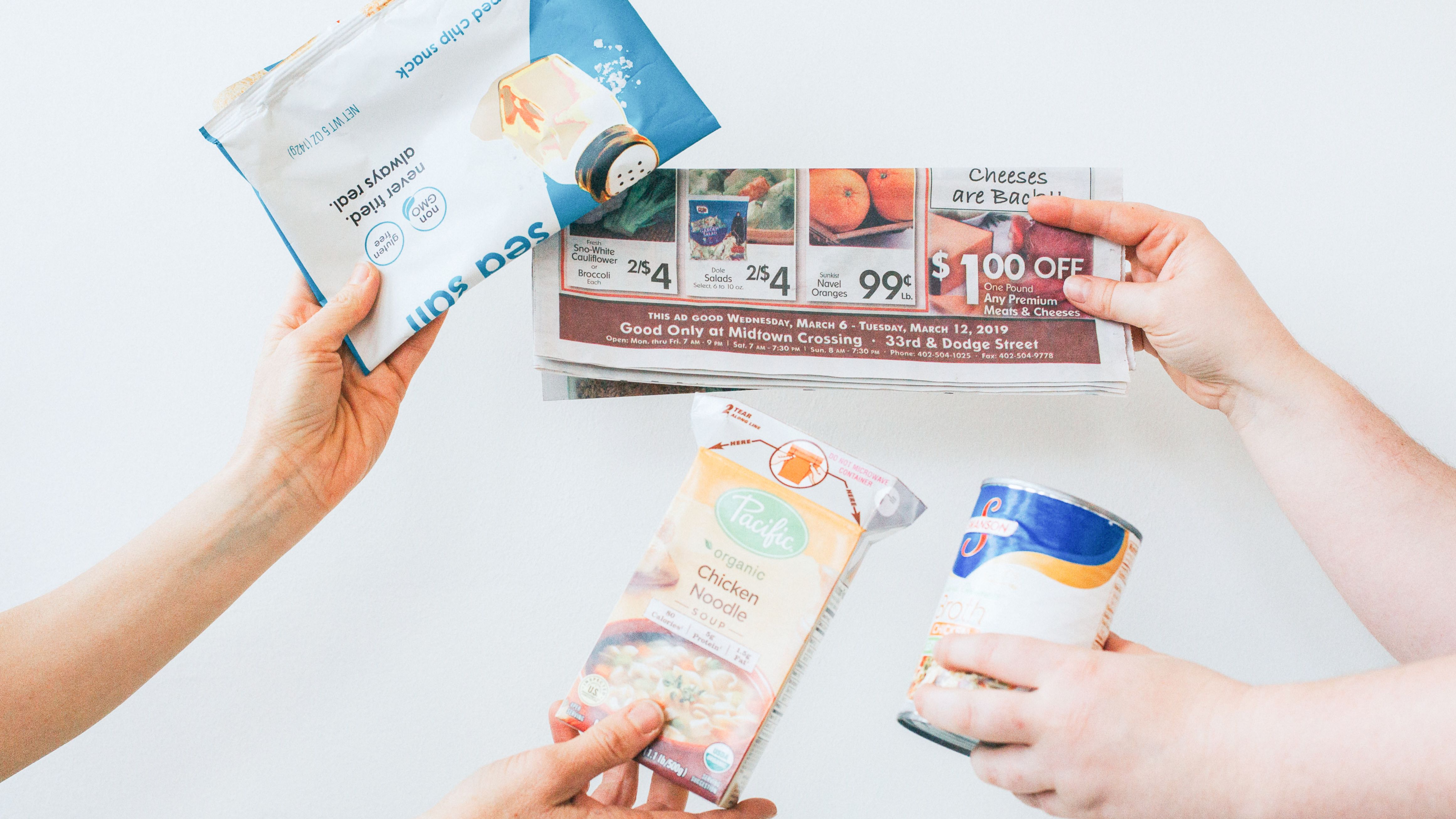
by Jennifer Patrick, Keep Omaha Beautiful Communications Coordinator | August 26, 2019
"Reduce, Reuse, Recycle Right, and then Recover"
That’s right, this isn’t your grandma's sustainability mantra. We gave the classic phrase “Reduce, Reuse, and Recycle” a bit of an update because we believe it’s now more important than ever to reconsider how we view the concept of “waste”. Yes, it’s a bit extra, but times have changed and so has the planet. In order to make a sustainable impact on our community and the environment, we must change our daily habits and mindset.
As part of our Omaha Recycles Right campaign, we created this blog series to look at the unique ways in which we can limit our waste. This series highlights simple steps you can take locally that will lead towards a more sustainable lifestyle.
We begin this series with the first “R” and examine how reducing waste benefits our environment economically and environmentally. The team at Keep Omaha Beautiful has come up with 6 simple steps to help you start reducing your waste this week.
1. Just say no.
Reducing your waste is a simple step towards a more sustainable lifestyle and is as easy as simply saying no! When you're buying new things, you're creating demand for that thing, as well as creating demand for its journey of production and the waste that comes along with it. Simply refusing things you don't need is one of the biggest steps you can take to reducing your waste. Rethink your daily habits and say no to the unnecessary.
2. Ditch the disposables.
Although convenient, disposable containers, utensils, straws, and bags can make a big impact on the environment – those materials don’t just disappear after begin put in the trash! If you’re eating out, bring a reusable container instead of asking for the take-out box. Choose cloth napkins over paper at home, bring a reusable coffee cup to your favorite shop, or make the switch from plastic grocery bags to reusable bags (that you actually remember to take with you!).
Attack-A-Taco, a Vegan/Mexican/Organic food truck and local sustainability hero, encourages customers to bring their own containers and silverware, cutting down on unnecessary plastic waste! Follow them on Instagram and Facebook to see where the Attack-A-Taco truck is parked!
3. Pass on the packaging.
When grocery shopping, stop and look at the packaging of the items on your list. Can you buy the “naked” produce that is not individually wrapped in plastic? Is the packaging made of recyclable materials? Can you buy it in bulk?
Head over to Dundee’s Exist Green, a plastic-free boutique where you can refill your own reusable containers with a variety of their bulk organic, plant-based goods. Consider joining a Community Supported Agriculture (CSA) program through a local farm like Big Muddy Urban Farm or shop at one of the many local farmer's markets for straight from the source plastic-free produce!
4. Start composting.
Food waste is one of the biggest contributors to household waste. According to the EPA, about 94% of the food we throw away ends up in landfills. Composting is an easy solution to keeping organic waste out of the landfill and return valuable nutrients back to the soil. It can be done in your backyard, inside your apartment, or through a composting service like Hillside Solutions.
Educators! Did you know you can check out one of our vermicompost (worm compost) bins for your classroom? It’s a great way for your students to explore how nature organically reuses and recycles!
5. Learn to repair rather than replace.
Not only will this save you money, but learning to fix things you already have will save another item from going in the trash. Look up do-it-yourself tips, learn to sew, or call up a repair shop.
There are a number of awesome workshops and classes around town where you can brush up on your handyperson skills! Learn the basics of mending through a class at The Union for Contemporary Art, dive into an introductory woodworking workshop at Bench, or take a number of home improvement classes at Home Depot.
6. Slow down on fast fashion.
According to the United Nations Environment Programme, the fashion industry is responsible for producing 20% of global wastewater and 10% of global carbon emissions – that’s more emissions than all international flights and maritime shipping combined. Yikes! Choosing second hand over trendy fast fashion not only saves resources and reduces pollution, but it also saves you $$$, hello thrifty!
Start shopping at thrift stores or look out for local clothing swaps. Scout Dry Goods & Trade is a local, women-owned business where you can B.Y.O.B. (bring your own bag) to buy, sell, or trade fashionable second-hand clothing and accessories.
Sources:
